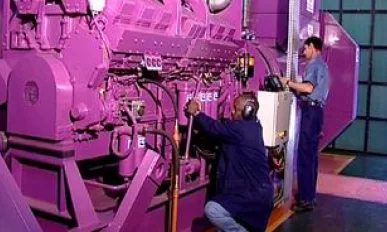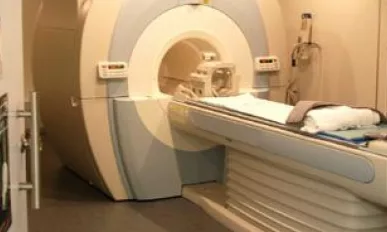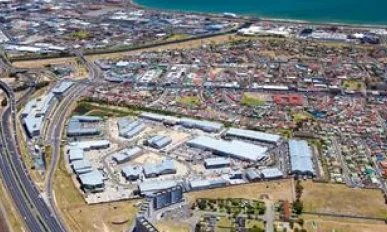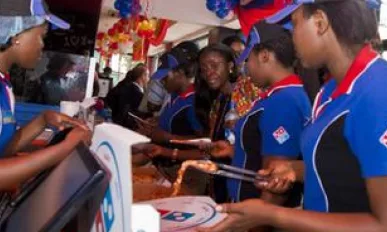Issue 08
Total Facilities Management Company : Winning Partnerships
Total Facilities Management Company (TFMC) is the largest facilities management company in South Africa, providing integrated facilities management that minimises costs “through forward looking performance-based risk and maintenance strategies”. We talk to managing executive Cornelius Van Der Merwe.
Premier Service Medical Investments
Premier Service Medical Investments is Zimbabwe’s premier healthcare service provider.
Lenmed Health Bokamoso Private Hospital
Lenmed Health Bokamoso Private Hospital near Gaborone is one of only two private hospitals in Botswana and it has been operational since January 2010, bringing state-of-the-art technology to provide the best possible patient care.
VDMV Property Group : Ahead of the Curve
VDMV Property Group currently has properties with a market value of R1 billion.
Airtel Sierra Leone : Connecting Sierra Leone
We talk to the Managing Director of Airtel Sierra Leone, who tells us more about the telecoms giant and meeting demand for data services.
Safaricom : Growing Outwards
Safaricom is one of the leading integrated communications companies in Africa with over 17 million subscribers, as well as sponsoring concerts, sporting events alongside the Safaricom Foundation, which is ten years old this year.
Weatherford : Meeting Oil and Gas Needs
With a product and service portfolio that spans the life cycle of a well, Weatherford is positioned to meet the ever-evolving needs of the oil and gas industry.
Gulf Power : Kenya Given Energy Boost
Gulf Energy Ltd., a market leader in the supply of crude oil and refined products in the East Africa region, is part of a consortium building Gulf Power, an 80 megawatt power plant southeast of Nairobi.
Pouch Dynamics : Driven by Innovation
Africa Outlook talks to packing entrepreneur Heinz Pospech, the founder of much-respected Pouch Dynamics.
Aveng Manufacturing : Honing its Manufacturing Skills
JSE-listed diversified infrastructure company Aveng Manufacturing has regrouped its manufacturing business units into a more relevant and aligned operating division. Africa Outlook learns more.
Dale Spiral Systems and Bakery Automation : On the Rise
Dale Spiral Systems and Bakery Automation are specialists in plant bakery and freezing systems.
Open Food : Open Wide!
Open Food provides catering to the aviation industries and a broad range of clients, big and small, across South Africa. we caught up with managing director Tamar Klonarides to find out what makes the company tick.
Eat’N’Go : The Brand of Brands
A restaurant group dedicated to bringing the best F&B brands and concepts to Africa, Eat’N’Go feeds your needs.
Season To Season : The Spice of Life
Season To Season is a leading manufacturer of dry savoury, sweet blends and wet sauces. We talk to founder Ronel Venter.
















